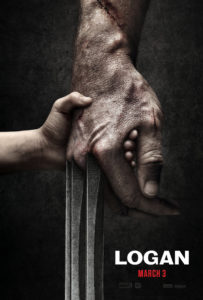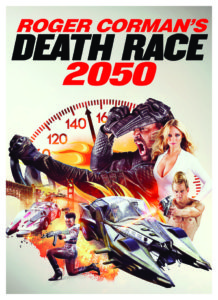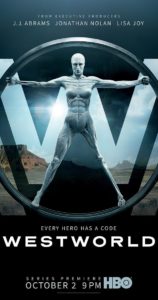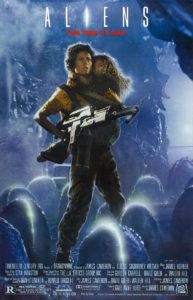At one of the panels this past weekend the classic SF/Horror film The Invasion of the Body Snatchers was mentioned. Naturally when the film came up people started discussing it’s message and meaning.
Of Course it is an allegory for Communism and the soul crushing power of the totalitarian state.
Of Course it is an allegory for McCarthyism and crushing power of political terror forcing everyone into the same march.
Of Course it is an allegory for Social Conventions and the crushing power of culture, particularly that of mid-20th century America to crushing people into conformity.
Which of these is correct?
Why all of them, of course. A piece of art means to you what it means. That is not to say that was its intended meaning. Various interviews have revealed the actors, director, and writers, harbored not direct allegory. Some going so far as to say they merely intended to craft a good thriller. (check that box) Do not confuse the message you take away with the artist’s intent.
A perfect example of this is the recent on-line war between John Carpenter and the Alt-Right over the meaning of his film They Live. As I mentioned in passing when I recently discussed that film here, it could be read in an anti-Semitic manner. Now if you know anything of Mr. Carpenter you know that the intended message was on attacking Yuppies, Capitalism, and Consumerism. However those of the Alt0Right saw a different theme, one that is easy to see if that us what you *want* to see.
And there is the great truth of art, everyone brings their own life experiences and filters the process through them. What you see as a clear symbol is to someone else just a jar of baby food.
When you talk about tv shows and movies and what they really meant, be wary of putting your meaning into someone else’s mouth.




